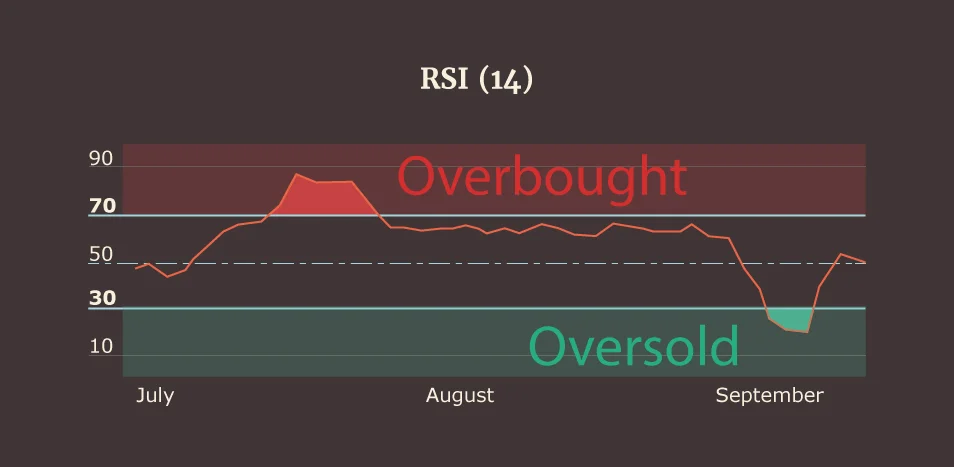Earnings per Share
Earnings per Share (EPS) is a popular measure of a company's profitability. It allows investors a way to compare earnings among companies, regardless of their number of shares outstanding. Fundamental Analysts use EPS to evaluate a company's financial performance. In addition, analysts evaluate Price-to-Earnings (P/E) ratios, which are derived from EPS (P/E = Stock Price / EPS).
Companies generally use the following formula to calculate EPS, which they report on their income statements.
My Take
While many analysts use EPS to evaluate investments, its meaning can vary depending on the accounting methods used to calculate the Earnings portion of EPS. As shown by the following formulas, one can see how dependent earnings are on accounting practices. By tweaking their accounting techniques, companies can easily manipulate their earnings to make their stock look more attractive. Given the ease by which earnings can be clouded, some analysts prefer to use Free Cash Flow or EBITDA (Earnings Before Interest, Tax, Depreciation and Amortization) instead of earnings. Likewise, some analysts prefer to use Price-to-Sales instead of P/E.
Just as companies can easily manipulate the Earnings portion of EPS, so too can companies easily manipulate the Share portion. Companies often buy back their shares (known as "stock buyback") to conspicuously boost their EPS. The fewer their shares outstanding, the higher their EPS.
Formulas to Calculate Earnings
- Gross Income = Revenue – (Cost of Goods Sold + Packaging)
- Operating Income = EBIT = Gross Income – (SG&A + Depr,Amort); where
-
- EBIT = Earnings Before Interest & Taxes
- SG&A = operating expenses related to Selling, General & Administrative expenses
- Depr,Amort = Depreciation and Amortization
- Pre-Tax Income = Operating Income – Interest Expense
- Net Income [after Tax] = Pre-Tax Income – Taxes
- EPS = (Net Income – Preferred Dividends) / Weighted Avg Common Shares Outstanding




